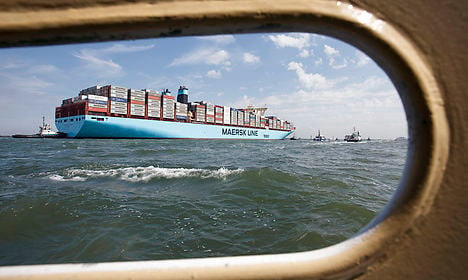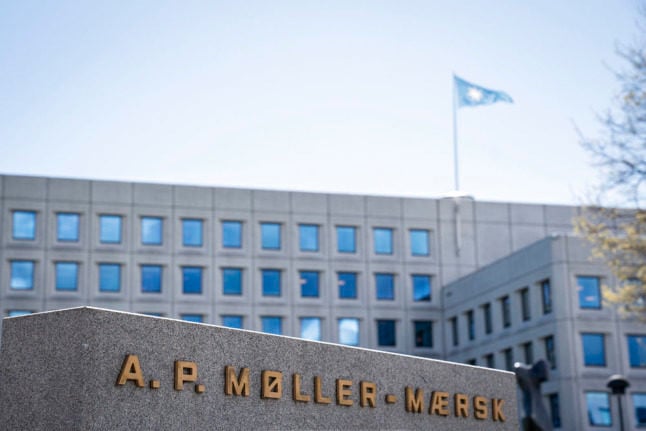MÆRSK
A.P. Moller Maersk to split into transport and energy divisions
Danish oil and shipping conglomerate A.P. Moller-Maersk said on Thursday it would split the the group into separate businesses for transport and energy as it faces headwinds in both sectors.
Published: 22 September 2016 11:20 CEST

Photo: Michal Kooren/Scanpix
“The industries in which we are operating are very different, and both face very different underlying fundamentals and competitive environments,” chairman Michael Pram Rasmussen said in a statement.
“Separating our transport and logistics businesses and our oil and oil-related businesses into two independent divisions will enable both to focus on their respective markets,” he added.
The group said that its “main growth focus” going forward would be in “world class transportation and logistics services”.
Oil and oil-related businesses would “require different solutions for future development including separation of entities individually or in combination… in the form of joint ventures, mergers or listing,” it said.
The company's objective was to find a solution within 24 months, it said.
Maersk also said that the head of Maersk Drilling, Claus Hemmingsen, would become chief executive of the energy division, while group chief financial officer Trond Westlie would be replaced by Jakob Stausholm, who currently heads up strategy at Maersk Line.
Maersk Oil chief executive Jakob Thomasen and APM Terminals chief executive Kim Fejfer would both step down and leave the group, it said.
The group said in June that it was considering splitting itself into different companies, as it said the head of Maersk Line, Søren Skou, would also become the group's chief executive.
Sydbank analyst Morten Imsgard told Danish news agency Ritzau that Thursday's announcement was the most obvious solution and “also the most viable solution given the current markets”.
Maersk Line is currently facing a depressed shipping market that is weighed down by overcapacity and sluggish global trade, while Maersk Oil has had to cut staff as a result of falls in oil prices.
South Korea's Hanjin, the world's seventh-largest shipper, is seeking bankruptcy protection at home and in the United States after creditors refused to further help the firm.
Shares in Maersk were 0.76 percent higher in mid-morning trading on the Copenhagen bourse, where the main index was 0.25 percent higher.
Url copied to clipboard!


 Please whitelist us to continue reading.
Please whitelist us to continue reading.
Member comments